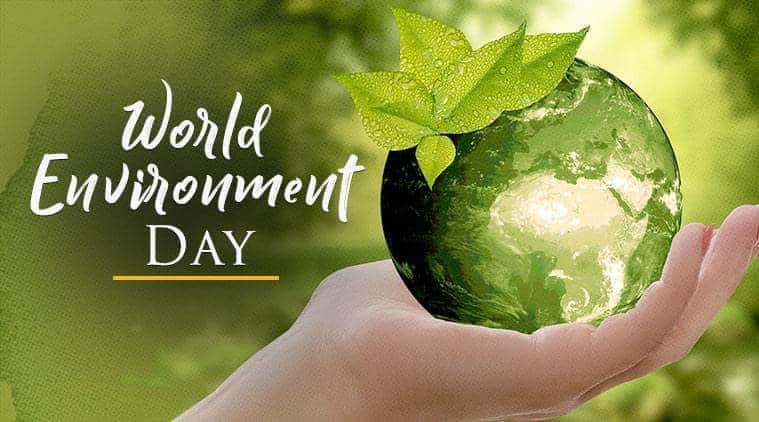As the world marks World Environment Day, Nigeria faces a growing crisis that threatens its landscapes, marine life, and human health: plastic pollution. Despite its natural beauty and abundant biodiversity, the country struggles to control the environmental toll caused by widespread plastic use in food packaging, preservation, and daily household needs.
Plastic, celebrated for its convenience, has become one of the most persistent pollutants. Unlike organic waste, it does not decompose. Instead, it clogs drainage systems, litters streets, invades oceans, and poisons wildlife. Across Nigeria, some community-driven efforts exist, local collectors supply plastic to small businesses that recycle it into useful products like buckets, bowls, and pavement blocks. Yet these efforts, while commendable, only scratch the surface.
Globally, over 400 million tons of plastic are produced each year, with more than half designed for single-use purposes. Shockingly, less than 10 percent of that plastic is recycled. According to the United Nations, approximately 11 million tons of plastic find their way into our lakes, rivers, and oceans annually; equivalent to dumping the weight of 2,200 Eiffel Towers into our waters every year.
Even more alarming is the rise of microplastics-tiny fragments less than 5mm in diameter that infiltrate our air, food, and water. Research indicates that humans unknowingly consume over 50,000 microplastic particles per year. That number increases drastically when airborne plastics are included. The long-term health effects are still being studied, but the immediate threat to the planet’s ecosystem is evident.
This year, the United Nations Environment Programme (UNEP) is sounding a louder alarm, rallying nations, industries, and individuals to act. The focus is on reducing, refusing, reusing, and recycling plastic to end pollution at its source. While civil society and NGOs have made headway in raising awareness in Nigeria, real progress demands robust policies and bold leadership from the government and private sector.
Read also:
- World Environment Day: NGO flags off Climate Justice campaign in Akwa Ibom
- World Environment Day: Chevron’s commitment to sustainable future
- World Earth Day: Environmentalists seek end of plastic wastes to save planet earth
Plastic waste from soft drink bottling, in particular, remains a major contributor to the problem. Nigeria must explore sustainable alternatives, such as glass bottles, biodegradable packaging, and a return to ceramic or metal household containers-once staples in Nigerian homes.
Globally, countries like the Republic of Korea are leading by example. Set to host World Environment Day 2025 in Jeju Province, Korea has spent decades building a circular economy with strategies that encompass every stage of plastic use-from design to disposal. Jeju stands out with its strict waste separation rules and innovative initiatives, like a deposit system for disposable cups. The island province aims to be completely plastic-free by 2040.
Amid these global movements, a Nigerian voice is rising with a mission that could inspire millions. Michael Odenigbo, Senate President of the National Council of Enugu State Students (NACESS), has announced an ambitious plan to plant 27,000 trees in 24 hours, an attempt to break the Guinness World Record for the most trees planted by an individual within a single day. Scheduled for June 5, 2025, the symbolic gesture aligns with World Environment Day and seeks to highlight climate change mitigation through nature-based solutions.
In his words, “This bold step is motivated by the urgent actions needed to combat the devastating effects of climate change… With dedication and perseverance, I aim to surpass the current record of 23,060 trees.”
This extraordinary move by a young Nigerian environmental advocate stands as a powerful metaphor for what is possible when personal commitment meets global urgency. From tree planting in Enugu to international policy shifts in Jeju, the message is clear: the fight against plastic pollution begins with individual action but must be won through collective resolve.
As Nigeria joins the rest of the world in observing World Environment Day, it must go beyond awareness campaigns. Now is the time to build a nationwide movement-to rethink plastic, embrace innovation, and push for legislation that prioritizes sustainability. The health of our environment and the future of generations to come depends on it.
